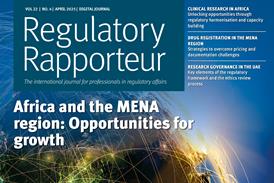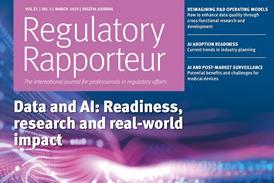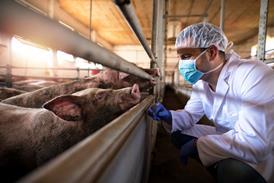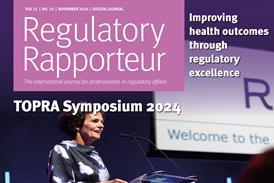Although there is still alignment with the EU, the regulatory strategy for new submissions and variations has changed and we must adapt to such changes. No doubt further changes are on the way, which we must be ready for again.
Ever since the UK held its EU membership referendum in June 2016 with the outcome that we now know of so well, every industry with close ties to Europe has been struggling to cope with the resulting uncertainty and the movement of goalposts. The pharmaceutical industry has been no exception. Arguably, it has been hit the hardest by the ensuing change of regulations. On a practical level, the UK government and the EU have been slowly making progress, to ensure that the continued supply of medicines has not been interrupted. This is especially true regarding imports into Northern Ireland, which is now in effect a ‘new’ EU territory on its own.
As the UK left the EU, the MHRA (the UK regulators) was quick to create innovative frameworks to attract companies into submitting applications in the UK. The Innovative Licensing and Access Pathway (ILAP) aims to accelerate the time to market, thereby facilitating patient access to medicines. A toolkit has been made available to applicants to support all stages of the design, development and approval processes. From 1 January 2021, the MHRA has also participated in Project Orbis, a programme coordinated by the FDA to review and approve promising new cancer treatments. Leaving the EU has enabled the MHRA to branch out and review new ways of bringing novel medicines to the market. Let’s hope this continues into the future, as it benefits both patients and the industry. You can learn more about Project Orbis in this month’s Regulatory Rapporteur.
In the spirit of post-Brexit optimism, there has never been a time when the spotlight has shone so brightly on UK regulatory affiliates in pharmaceutical companies. We have been extremely busy! The change in regulations, as well as continued updates, has raised awareness of the expertise of regulatory affairs professionals. These changes have also resulted in internal collaborations, as industry struggles to cope with the new implications for medicinal supply and compliance. Although there is still alignment with the EU, the regulatory strategy for new submissions and variations has changed and we must adapt to such changes. No doubt further changes are on the way, which we must be ready for again. In this month’s issue, our focus articles concern the UK and Brexit. Our first article reviews several key changes relating to medicines licensing and supply chain - a must read for those who work closely with product lifecycle submissions.
Our second article explores the impact of the Northern Ireland Protocol. The publication of the Northern Ireland Protocol has created additional complexities to the supply of medicines between the EU, UK and Northern Ireland. This article succinctly describes many of the practical aspects that the industry needs to consider, including batch release and shared packs.
Another area of the industry affected by Brexit is pharmacovigilance (PV). A focus article gets to grips with this essential topic. The article covers points to consider when ensuring that PV systems for human medicinal products are compliant with both UK and EU requirements (eg, the QPPV role and submitting periodic safety update reports (PSURs) and risk management plans (RMPs)).
We have two great interviews for you this month, one with Steve Hoare from The Association of the British Pharmaceutical Industry (ABPI) and the second with Gavin Hall at the Veterinary Medicines Directorate. We have three standalone articles. The Project Orbis article has already been mentioned; this project is a new framework for reviewing innovative cancer treatments. We are delighted to bring you an article written by Leah Kleylein from Accenture on this subject. Our second standalone is about Japan and provides a description of the regulatory landscape and challenges for regenerative medicines. Our third standalone article takes a look at a case study that explores the use of CBD for veterinary purposes. We hope you enjoy this month’s edition.





































